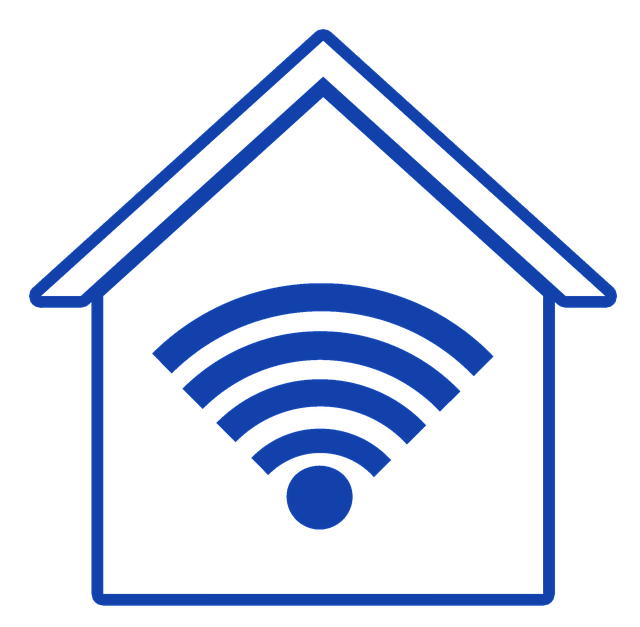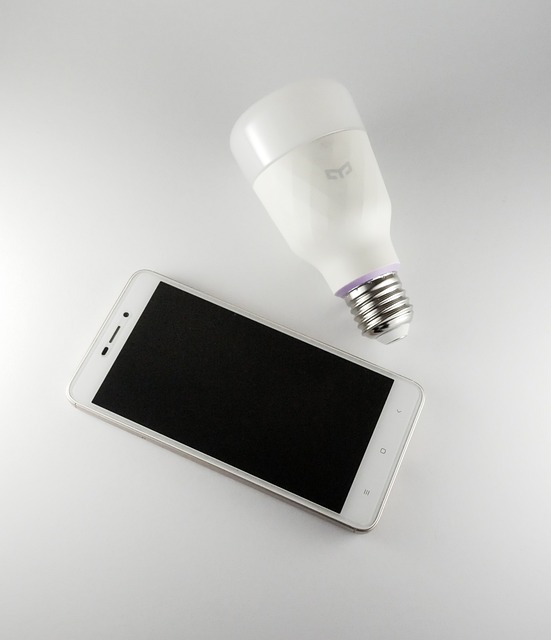In recent years, smart home technology has emerged as one of the most intriguing developments in everyday living. Regular household appliances are being transformed by the Internet of Things (IoT), albeit in a manner that alienates many demographics.
The concept of a smart home may rightfully appear like a pipe dream to the average Nigerian household. Notwithstanding, the intriguing features and opportunities for small-scale implementation in the short term are worthy of inquiry.
What Are Smart Homes?
Smart houses feature a substantial amount of Internet-connected appliances which can be remotely controlled for optimum efficiency, convenience and security.
Common examples of these appliances are smart TVs, smart doors, smart fridges, smart water heaters, smart showers, smart thermostats, smart speakers, smart fire alarms, smart lighting and robot cleaners.
Smartphones typically serve as the controlling hub for the smart appliances. Laptops and tablets may also serve as the controlling hub, but smartphones are more accessible and portable.
For full context, a smart door can be locked and opened with one’s smartphone in a smart house. With the aid of an installed CCTV camera, a home resident can view their home entrance wherever they are. Indoor and outdoor lights can also be remotely controlled in a smart house. Alternatively, they may be automated to align with daytime and nighttime.
Basic Requirement For A Smart Home
It goes without saying that a smart house requires a strong Internet connection and smart appliances to function. Another requirement is an enabling home structure. Smart houses thrive where there is room for easy integration and the connection of relevant cables.
The location of a house or apartment is not necessarily a major factor, especially if the preceding elements are present. However, in the Nigerian context, location is crucial. Modern buildings in highbrow areas are best suited for smart houses in Nigeria.
Why Smart Homes May Not Work In Nigeria
There are multiple factors which do not allow for the incorporation of smart housing in the average Nigerian home. These include: poor power supply, limited earning power, cost and quality of Internet services, cost of, and ease of access to smart devices, as well as poor accommodation structure.
Poor Power Supply
The poor quality of power supply in Nigeria cannot be overemphasised. A smart house cannot function optimally on the backdrop of erratic power supply and frequent national grid collapses. This problem is barely mitigated by a switch to a prepaid metering system, as the quality hardly matches up to any amount paid.
Estates and highbrow areas in general may not be so severely affected by this issue in this regard. However, the average Nigerian household in the average Nigerian local government is greatly handicapped.
Limited Earning Power
Electricity bills need to be paid and smart appliances need to be purchased. Sadly, electricity bills in Nigeria may not always be affordable and smart appliances are costly. Taking periodic maintenance into consideration, smart home technology is essentially a luxury the average Nigerian household cannot afford.
The minimum wage is a far cry from the basic living expenses in Nigeria. Even in homes where at least two people earn considerably more than the minimum wage, smart housing is unaffordable.
Cost and Quality of Internet Services
Very few love-hate stories are more compelling than that of Nigerians and their Internet service providers. The same issues are complained of, whether the service provider is one in the strict sense or a telecommunications company. Nigeria is also yet to fully embrace 5G technology.
Operating a smart house would require a lot of money to be spent on data plans. In a country where these plans are deemed costly for daily use, smart house technology is reinforced as unrealistic.
Cost of, and Ease of Access To Smart Devices
Smart appliances are largely not manufactured in Nigeria. Anyone seeking to procure them would have a hard time finding them and may be forced to import them. Either way, smart devices are costly and hard to come by in Nigeria. This is worsened by shipping duties in cases of importation.
Poor Accommodation Structure
The issue of poor accommodation structure is one that cuts across both old and new buildings in Nigeria. Old buildings do not allow for easy installation and usually do not give room for integration. Ironically, as disclosed by pictures taken by house hunters, many new buildings equally lack room for integration.
Possibilities In The Long Run
A general transition to smart houses in Nigeria would take decades at best, given the present circumstances. This transition is also heavily dependent on multiple factors beyond those already highlighted. However, there are opportunities for small-scale implementation in the short-term. The lingering security issues in Nigeria may prompt an increased trend of smart door installations.
Further Services
For personal assistance, enquiries, or website development request, Call/WhatsApp 09125415992
Source: https://geeky.com.ng/smart-homes-in-nigeria-how-workable-are-they/



